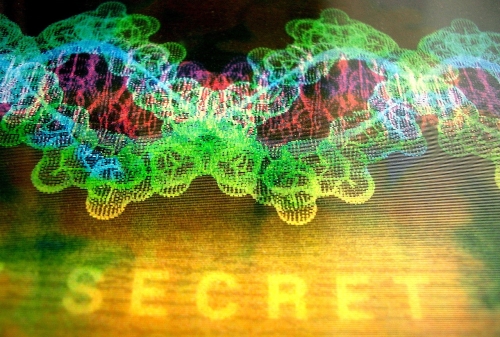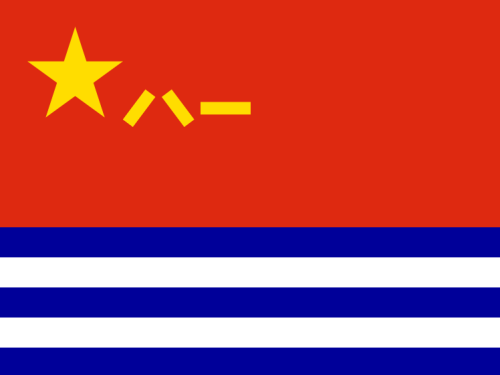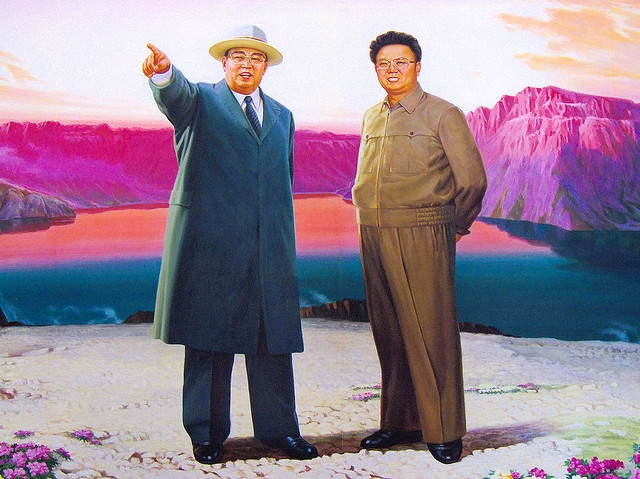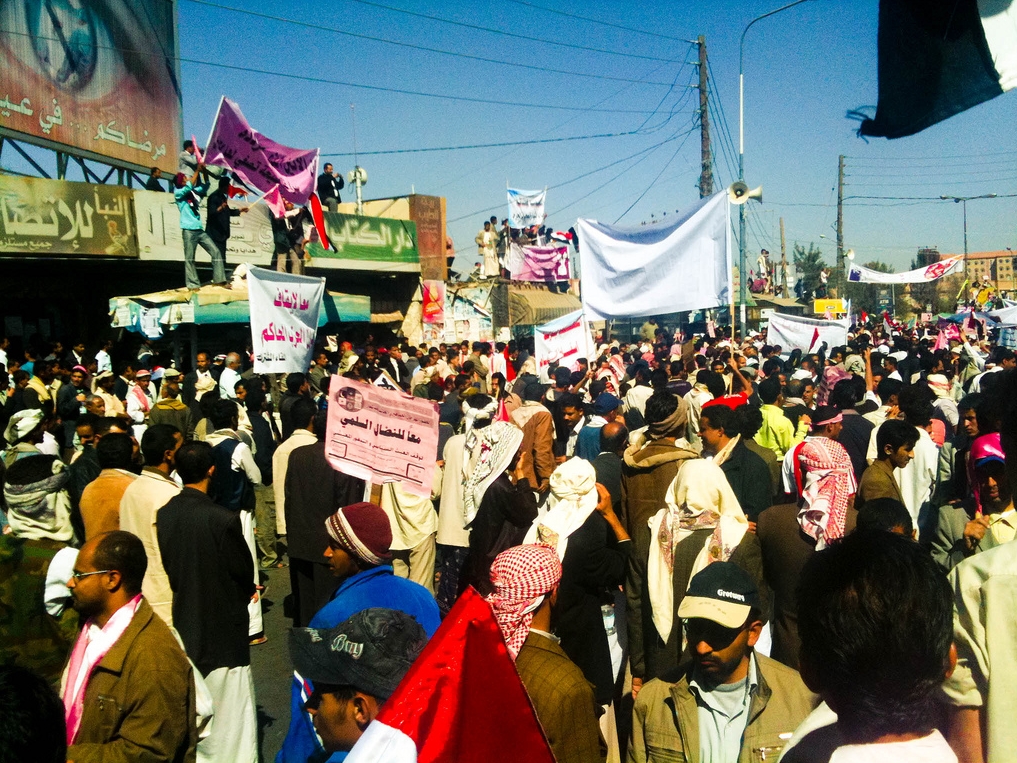
The ISN is proud to be a partner of Security Jam 2014, a global online brainstorming session which the Security and Defense Agenda (SDA) will co-host with IBM from 14-16 October 2014. Over the course of 54 hours and across 6 discussion forums, thousands of experts will discuss and then propose concrete solutions to a variety of security-related problems. Subsequent to the online session, the Jam’s top 10 recommendations will then serve as the foundation of a report that will be presented to the new leaders of NATO and the EU, and distributed to thousands of policymakers and decision-makers worldwide.
Since anyone can participate in Security Jam, we welcome you to register for free and share your ideas on key security and defense issues with leading experts. And in order to help you prepare for the discussion, we’ve put together a special dossier collection, which features background materials that relate directly to each of the six Security Jam forums. (You can, by the way, also create your own specifically tailored multimedia collection using the over 80,000 items currently available in the ISN Digital Library. To find out more click here.)
1) The New Global Balance
The first Security Jam forum will feature a broad discussion on the future of the global order and international security. Some of the questions that will be discussed include the following: What does the US pivot towards Asia and declining Western influence mean for emerging powers such as Russia, China, India or Turkey, especially in economic, diplomatic, and security terms? How will the massive discrepancies in worldwide defense spending impact the “new global balance”? Which challenges and new threats should strategic planners take into account and what military and civilian capabilities are required to counter these threats?
2) The EU as a Global Security Broker
The second forum will focus on the role of the European Union as a global security actor and provider. More specifically, the Jamparticipants will discuss a) how the EU can and should enhance its global status and credibility, b) whether EU members states can agree on a common security and foreign policy vision, and c) what lessons should be drawn from previous and current EU efforts to promote security and development.
3) NATO’s Role 2025
As the ISAF mission in Afghanistan continues to wind down, what will the future of transatlantic security cooperation look like? Can and should NATO remain a military-centered alliance? Will other countries join NATO in light of renewed tensions with Russia? How should NATO and the EU cooperate in the future? Answering these questions and others will be the focus of the third Security Jam forum.
4) Cybersecurity and Cyberdefense
The fourth forum will explore future cyber threats and the ways to counter them. Some of the questions that will be discussed include the following: How can governments, international organizations and private companies enhance their technical and strategic cyber defense capabilities? Should NATO and the EU take an offensive approach towards cyber security? How does cyber security affect privacy and data protection? Can international rules in this domain be established and enforced?
5) Case-Study – Ukraine and Russia
Given the troubled relations Western states are currently experiencing with Russia, how should NATO, the OSCE, the European Union and the United States engage with Moscow, specifically in order to avoid further tensions and possible conflict? Could the recent crisis have been foreseen and avoided? How are domestic politics continuing to influence Russia’s behavior? These questions and many more will be up for discussion during the fifth Security Jam forum.
6) Case-Study – Syria
Finally, the sixth Jamforum will focus on the complex internal conflict in Syria and its impact on global security. At a minimum, how should regional and global powers deal with the threat posed by the Islamic State in Iraq and Syria (ISIS)? How can the humanitarian consequences of the conflict be alleviated? What are the spill-over effects for the region? How can European countries prepare for the return of Jihadist foreign fighters? Ect.
In closing, we hope the above materials are of interest and helpful to you and that they will spur you to participate in Security Jam 2014. It is a golden opportunity for you to participate in an important dialogue and have your voice heard.





